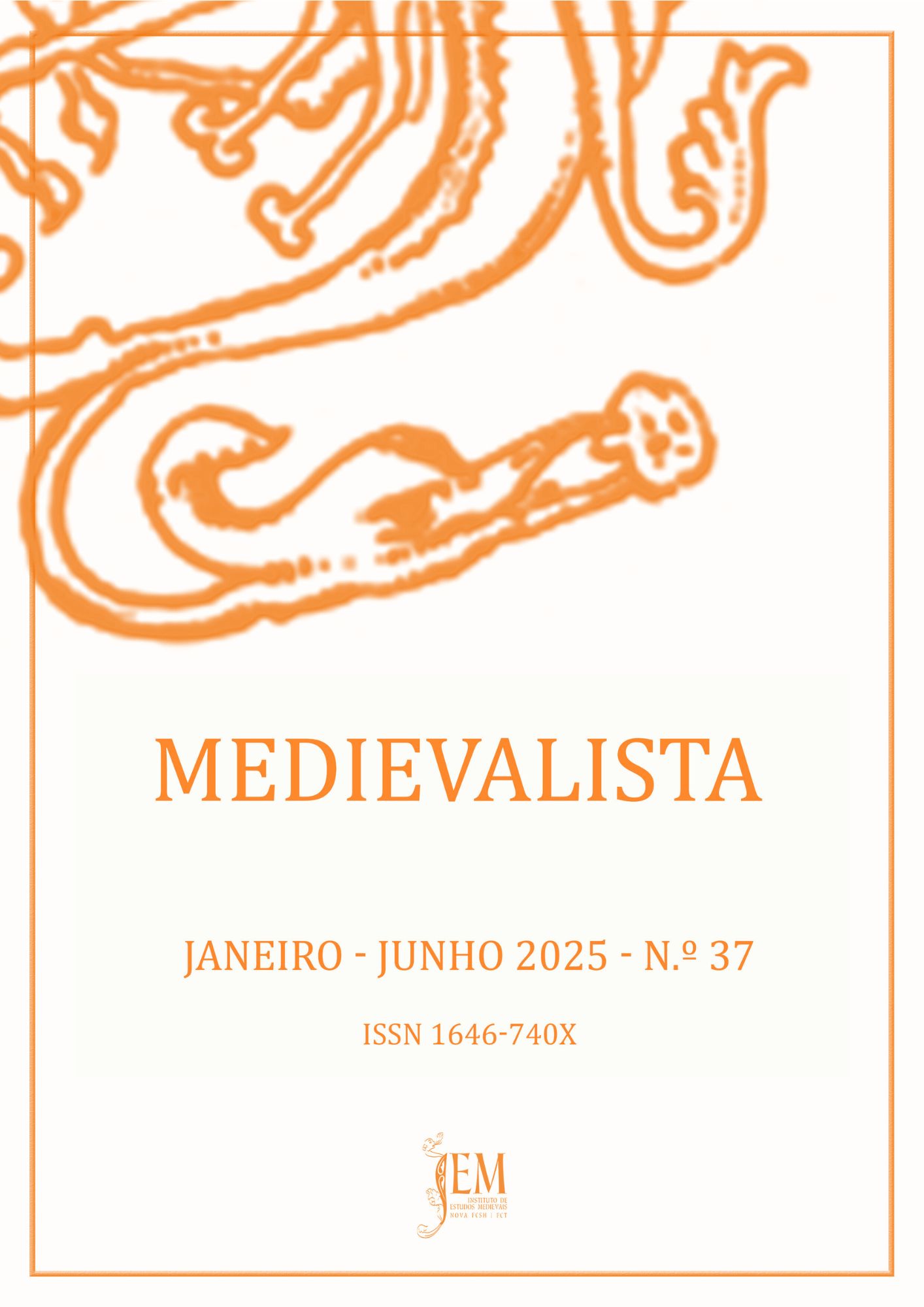Clergyman as a Subject and Object of Death Commemoration in Late Medieval Prussian Town. Case studies from Thorn (Toruń) at the turn of the 15th and 16th Century
DOI:
https://doi.org/10.4000/134b6Keywords:
Clergy, Religious foundation, Town, Middle Ages, PrussiaAbstract
The article explores four foundations by priests in Thorn (Toruń) as good examples of the bourgeois religious culture of Late Medieval Prussia. These institutions were established by wealthy priests who were simultaneously prominent members of the town community. As a result, detailed documents were issued, providing valuable insights into the extent of the priests’ responsibilities and the financial basis of the foundations. Furthermore, the fact that the funders themselves were priests shows clergymen not only as providers of prayer services but also as members of the town community who benefited from such commemorative practices.
Downloads
Downloads
Published
How to Cite
Issue
Section
License
Copyright (c) 2025 Medievalista

This work is licensed under a Creative Commons Attribution 4.0 International License.





















